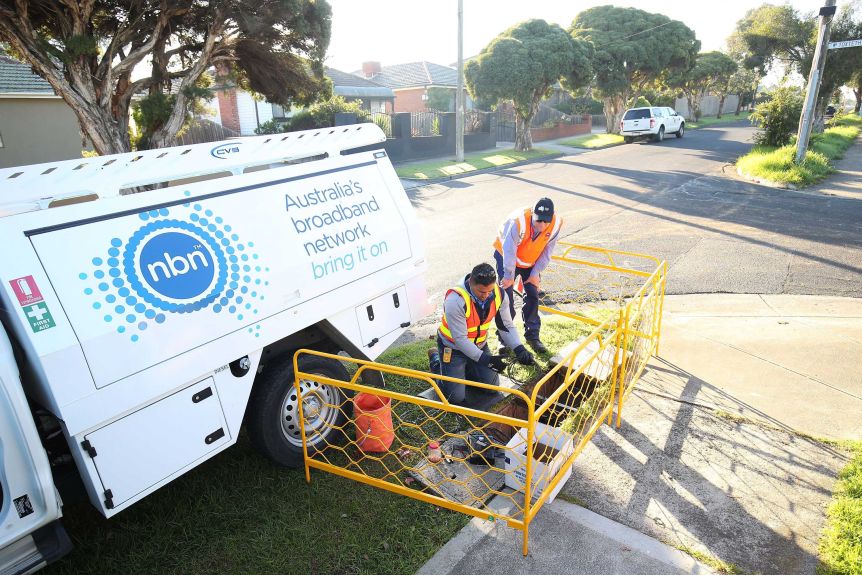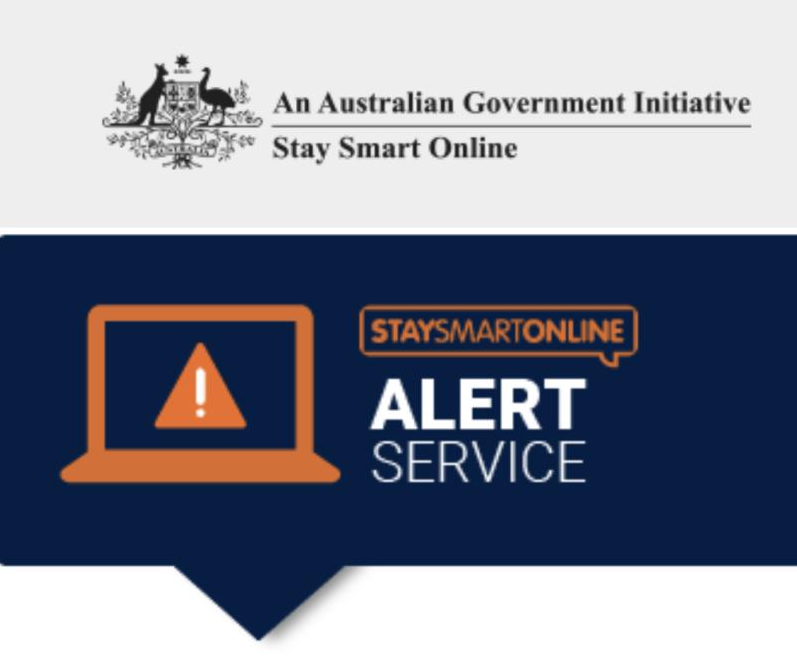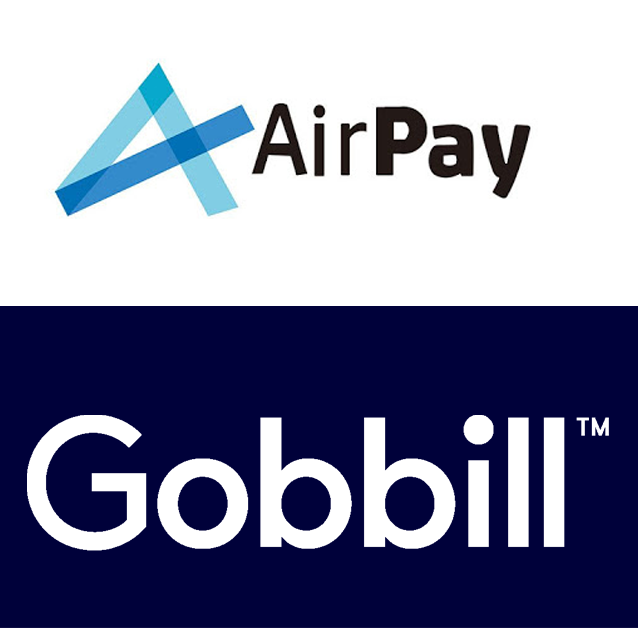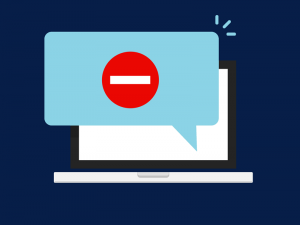- Australian fintech AirPay and
bill payment automation company Gobbill to launch a new app feature for 1+
million users.
- The “ToPay” feature is
available via Chinese media app Today Australia, allowing Australian bills to
be paid with WeChat Pay and Alipay.
Melbourne, Australia 24 March, 2020 –
Fraud detection and payment automation company Gobbill and Chinese mobile
payment company AirPay, have embedded Alipay and WeChat payments into a popular
media platform to allow users to pay Australian bills with China’s favourite
payment methods.
Over one million users will have the capability to pay Australian
bills with WeChat Pay and Alipay, with a market-first feature called “ToPay” in
popular Chinese media app, Today Australia.
The ‘ToPay’ feature will allow Today Australia users pay and
categorise bills including phone, utilities, school fees, council rates and
more, within a single app.
Users will also receive rewards scheme, such as discount meals via
popular Asian food delivery platform Hungry Panda.
AirPay Head of FinTech Simon Tse said: “We are thrilled to announce
our industry collaboration with Gobbill to provide Australian-Chinese a
seamless and secure way to pay bills via smartphone. Our new payment platform
“ToPay” helps us open new verticals, in addition to our wide QR payments
coverage in high-end retail brands such as Gucci, Victoria’s Secret,
Sneakerboy, Champion, Glue Store owned by Kering group, Valiram group, LRG
group, Hanes Brands and Next Athleisure”.
“Chinese sales across retail are down 30-50 per cent this month, and
we predict it will be a difficult financial year for many companies. Our next
goal is to drive one million Chinese consumers to merchants via the everyday
usage of our app” said Tse.
Gobbill CEO and co-founder Shendon Ewans said: “The timing is right
to bring the two technologies together to process Chinese payments in
Australia. We expect the convenience of making payments through a media app and
associated rewards as an advantage.”
The payments function will be enabled by Gobbill as part of the company’s
growth into the broader payments sector, particularly in connecting global
markets with seamless and secure payments. Using AI automation, Gobbill
forensically extracts data from invoices, checks for fraud and executes the
payments.
For more information, contact via email [email protected] or [email protected]
-ENDS-
About Gobbill
Gobbill is a fraud detection and payment automation service designed
for small businesses and busy households to save time, maximise cash flow and
protect against scams and fraud. The end-to-end AI platform gives users control
over payments with minimal effort. Gobbill forensically extracts data from
invoices, checks for fraud using its proprietary “Know Your Biller™” fraud
detection technology and automatically executes payments.
Cybercrime and invoice fraud has increased 7 fold in the last 3
years. UK Financial Conduct Authority (FCA) calls an “epidemic” of 3.8 million
fraud cases reported in 2019. FBI is concerned with the issue growing to an
estimated $5 trillion in losses by 2024.
Leveraging over 3 years of R&D, Gobbill can pay bills issued
from over 40,000 Australian providers. The company is a Microsoft Startup
sponsored company, a partner of the Australian Government’s cyber safety
initiative, AI partner of Silverpond and member of Stone & Chalk. Gobbill
is an Authorised Representative (1261196) of Australian Financial Services
Licence Holder (448066). Gobbill’s UK office is based at the Royal Bank &
NatWest FinTech Accelerator.
About AirPay Financial Technologies
AirPay is FinTech based in Melbourne with offices in Shanghai and
Sydney providing one-stop mobile payment and marketing solution for merchants
to accept and promote QR payments. AirPay is also integrated with Shopify to
allow online retailers to accept Alipay and WeChat Pay seamlessly. The company
is invested by SwiftPass Technologies, a wholly owned subsidiary of a China
listed company and is a member of FinTech Australia.
About Today Australia
Media Today Group (also known as “Today Australia”) http://mediatodaygroup.com is Australia’s
largest Chinese Internet “new media” platform delivered through an in-App
experience, WeChat Official Account and WeChat Moment.
The group owns Internet media in five major cities: Sydney Today,
Melbourne Today, Queensland Today, Adelaide Today, Perth Today, and two vertical
Internet platforms: Australian Real Estate Today and Tourism Today.
Since its establishment on April 29, 2010, the group has been
adhering to the business philosophy of “best-looking news and most
practical information” and has gradually become the most influential and
brand-value composite Chinese media group in the Australian Chinese community.











